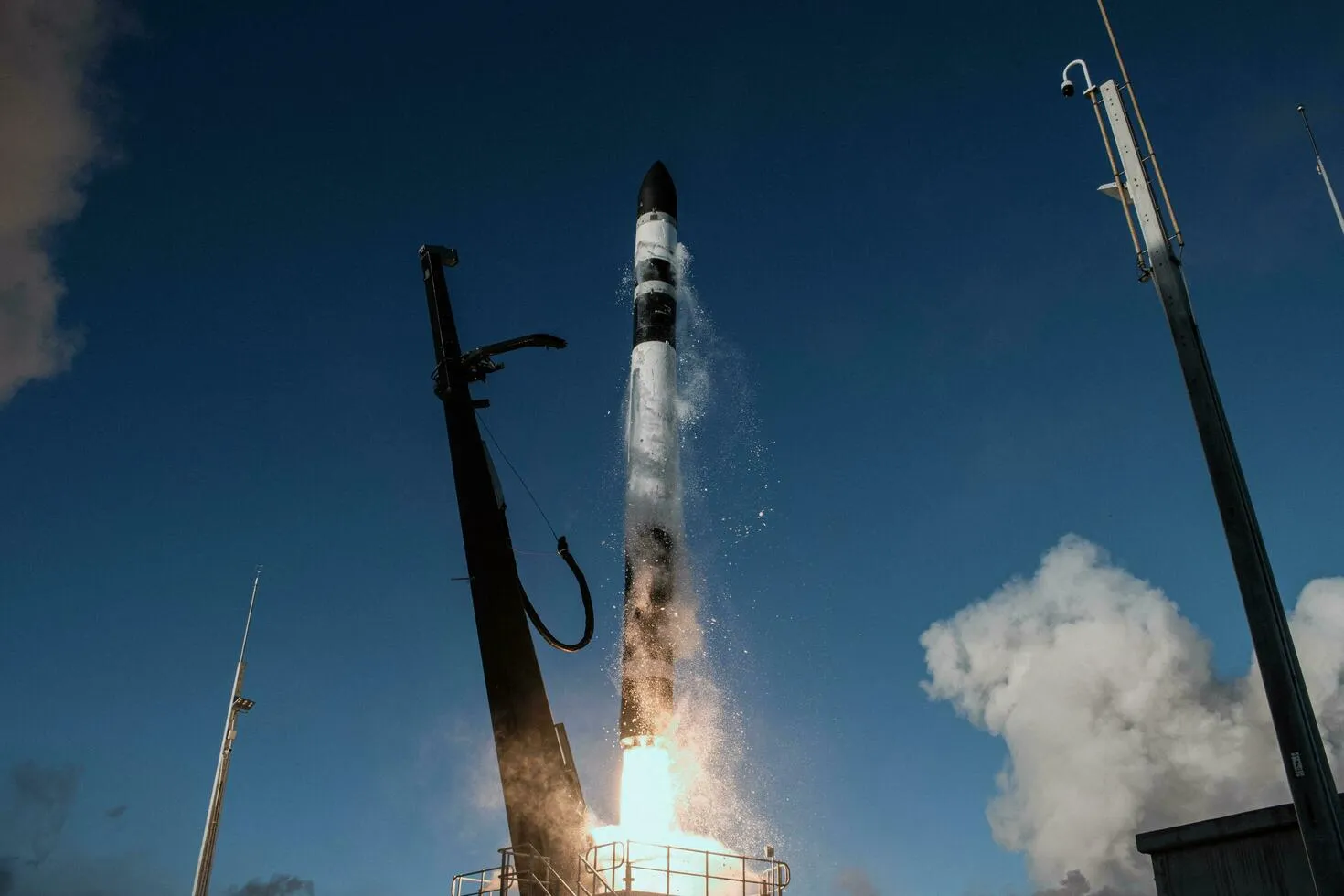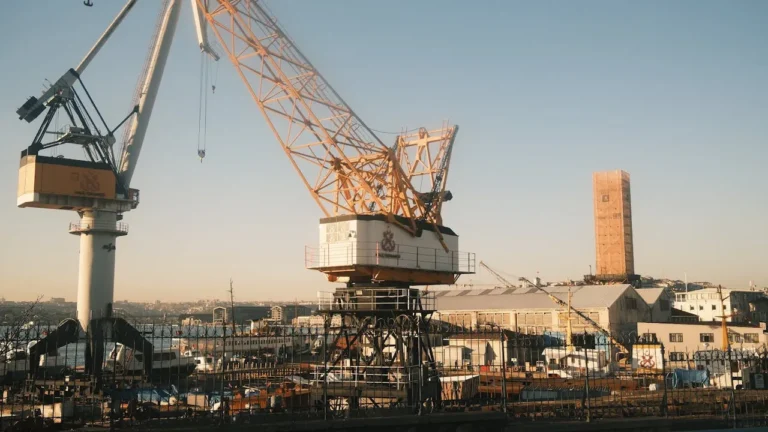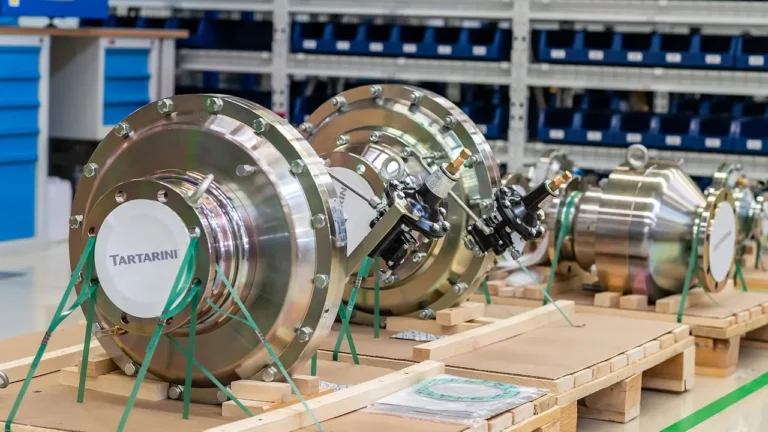
Rocket Lab Launches 3rd iQPS Mission, Sets Date for Next
Rocket Lab USA, a leading force in the global space industry, has successfully completed its third dedicated launch for the Institute for Q-shu Pioneers of Space, Inc. (iQPS), a Japanese satellite technology company focused on synthetic aperture radar (SAR) Earth imaging. The mission, titled “The Sea God Sees,” took place at Rocket Lab’s Launch Complex 1 on the Mahia Peninsula in New Zealand at precisely 8:17 p.m. NZT on May 17, 2025.
This latest mission carried iQPS’s tenth SAR satellite, QPS-SAR-10, also known as “WADATSUMI-I,” into a 575-kilometer low Earth orbit (LEO). The successful deployment of this satellite is part of iQPS’s ongoing efforts to expand its orbital constellation. The QPS-SAR satellites are designed to deliver high-resolution Earth imagery regardless of weather conditions or daylight, offering data crucial for a wide range of applications, including disaster response, infrastructure monitoring, and environmental assessment.
Rocket Lab’s mission marked the second launch in an eight-launch contract between the company and iQPS that spans 2025 and 2026. The contract includes a series of dedicated launches that will significantly accelerate iQPS’s plans to establish a robust, fully operational SAR constellation. With four more launches scheduled for the remainder of 2025 and two more set for 2026, Rocket Lab’s role is central to enabling iQPS’s vision of near-real-time Earth observation capabilities.
This mission also demonstrated Rocket Lab’s ability to offer rapid, dependable, and precise launch services. Coming just over two months after the previous iQPS mission on March 15, 2025, the latest launch reaffirms Rocket Lab’s position as a leading provider of small satellite launch solutions. In 2025, the company has maintained a flawless track record, with all missions executed successfully and all payloads delivered to their designated orbits.
Peter Beck, Founder and CEO of Rocket Lab, expressed his satisfaction with the successful launch: “Another fantastic launch by the Electron team to flawlessly deliver another iQPS mission to orbit. Constellation deployment requires a reliable rocket with pinpoint orbital deployment accuracy that allows for the seamless integration of the latest spacecraft to the constellation – and that’s exactly the service Electron continues to provide as the global leading launcher for small satellite missions. With another mission lined up with iQPS in just a few short weeks, we’re looking forward to supporting their constellation with multiple missions this year and next.”
Dr. Shunsuke Onishi, CEO of iQPS, was equally enthusiastic: “We are truly delighted to have successfully launched our 10th satellite, ‘WADATSUMI-I,’ into orbit just two months after the launch of our QPS-SAR-9 ‘SUSANOO-I.’ This achievement is a remarkable milestone for our development team, and we are deeply grateful to Rocket Lab for enabling such a precise and agile launch. With more Electron launches ahead, we’re more committed than ever to accelerating the buildout of our satellite constellation, and we look forward to continuing this powerful partnership.”
The Electron rocket, Rocket Lab’s flagship small launch vehicle, continues to prove its capabilities as the premier option for customers seeking dedicated access to space for small payloads. With over 40 successful launches to date, Electron provides precise orbit insertion and flexibility in scheduling, making it a valuable asset for both commercial and government satellite operators worldwide.
In addition to launching satellites, Rocket Lab also provides end-to-end mission solutions, including satellite design and manufacturing, mission planning, and on-orbit operations. The company’s vertically integrated model allows it to deliver customized solutions with speed and efficiency.
iQPS, headquartered in Fukuoka, Japan, is rapidly gaining recognition for its compact and lightweight SAR satellites that provide high-resolution imagery at a fraction of the size and cost of traditional satellites. The company’s goal is to deploy a 36-satellite constellation that can monitor the Earth with near real-time revisit capability, offering tremendous benefits for industries ranging from agriculture to national security.
As Rocket Lab prepares for the next mission for iQPS, currently scheduled for launch in June 2025, the aerospace world watches closely. This steady cadence of launches highlights the evolving dynamics of the satellite market, where responsiveness, reliability, and partnership are becoming just as critical as the technology itself.
The success of “The Sea God Sees” mission further strengthens Rocket Lab’s standing as a preferred launch partner for satellite constellation operators. It also demonstrates the growing importance of collaborative international partnerships in the new space era. For iQPS, this milestone marks another step forward in its ambitious quest to offer persistent, all-weather monitoring of the planet.
Both Rocket Lab and iQPS have committed to building on this momentum. With more launches on the horizon, the two companies are set to continue pushing the boundaries of what is possible in the small satellite space.
In a year already marked by key achievements and sustained mission success, Rocket Lab’s alignment with forward-thinking satellite innovators like iQPS underscores its pivotal role in shaping the future of space-based services and applications. As the partnership deepens and the constellation expands, this mission is not just a technological triumph but a blueprint for the next generation of space collaboration.




